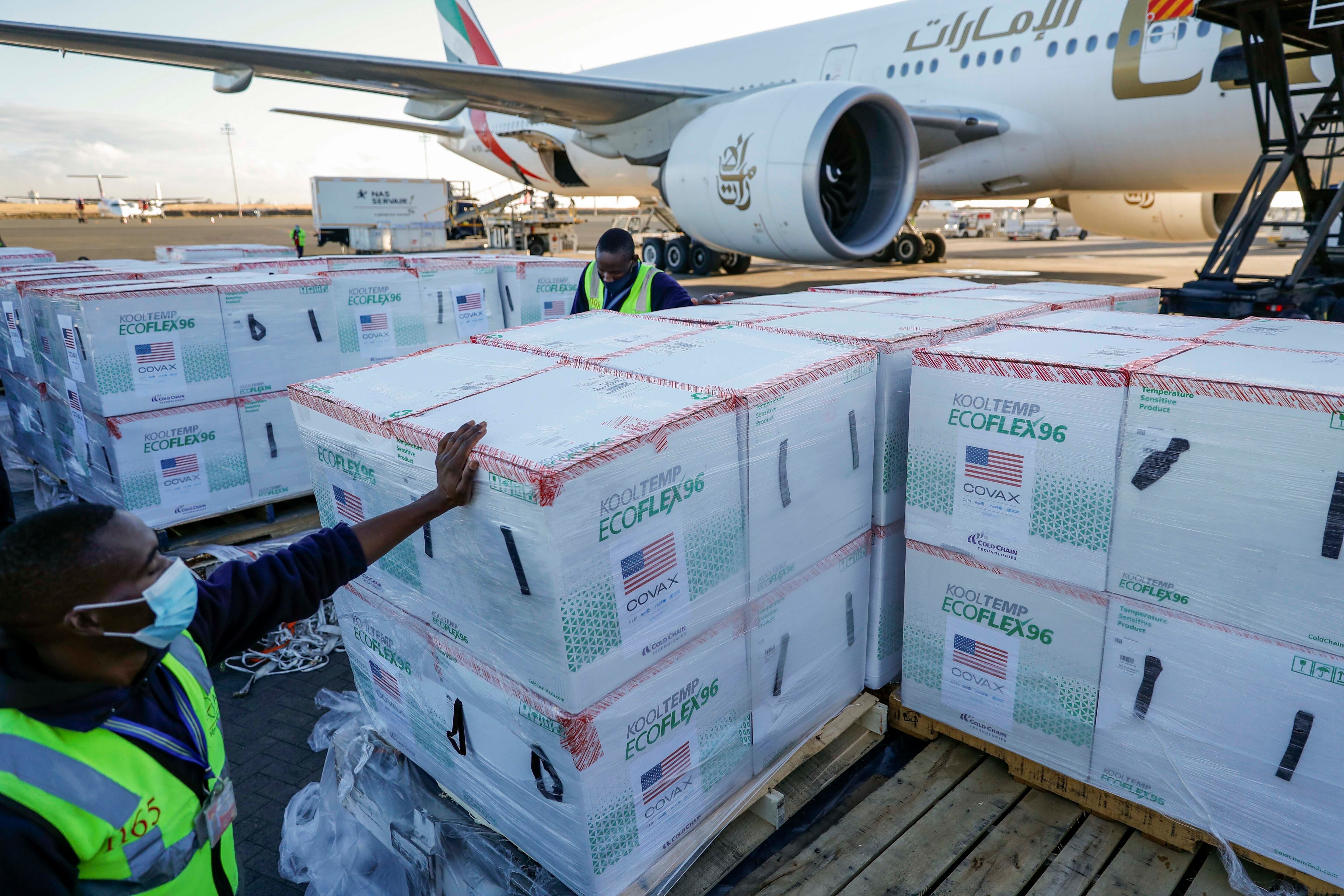Moderna signs with Kenya for first mRNA facility in Africa
Moderna says it has signed a memorandum of understanding with Kenya’s government for the drugmaker's first mRNA vaccine manufacturing facility in Africa

Your support helps us to tell the story
From reproductive rights to climate change to Big Tech, The Independent is on the ground when the story is developing. Whether it's investigating the financials of Elon Musk's pro-Trump PAC or producing our latest documentary, 'The A Word', which shines a light on the American women fighting for reproductive rights, we know how important it is to parse out the facts from the messaging.
At such a critical moment in US history, we need reporters on the ground. Your donation allows us to keep sending journalists to speak to both sides of the story.
The Independent is trusted by Americans across the entire political spectrum. And unlike many other quality news outlets, we choose not to lock Americans out of our reporting and analysis with paywalls. We believe quality journalism should be available to everyone, paid for by those who can afford it.
Your support makes all the difference.Moderna signed a memorandum of understanding with Kenya’s government on Monday for the drugmaker’s first mRNA vaccine manufacturing facility in Africa, the company said.
The goal is to produce up to 500 million doses of vaccines a year for the African continent, Moderna said in a statement. The focus is on drug substance manufacturing, it said, though the facility could be expanded to include fill-and-finish work.
“In parallel, Moderna is also working on plans to allow it to fill doses of its COVID-19 vaccine in Africa as early as 2023, subject to demand,” the company said.
The COVID-19 pandemic highlighted the huge need for vaccine manufacturing on the African continent, which remains the least-vaccinated region in the world against the coronavirus. The continent relies on imports for about 99% of its vaccine needs, the World Health Organization has said.
Frustrated by richer nations’ vaccine hoarding, African leaders joined together to pursue the goal of bringing more vaccine manufacturing to the continent of 1.3 billion people.
In October, Senegal and Rwanda signed an agreement with BioNTech for the construction of its first start-to-finish factories to make messenger RNA vaccines in Africa.
The novel mRNA process uses the genetic code for the spike protein of the coronavirus and is thought to trigger a better immune response than traditional vaccines. Scientists hope the technology, which is easier to scale up than traditional vaccine methods, might ultimately be used to make vaccines against other diseases, including malaria.